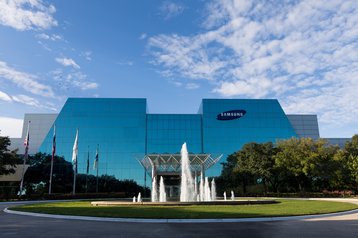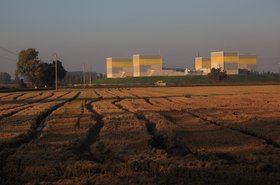Samsung Electronics' latest high bandwidth memory (HBM) chips have reportedly failed tests run by Nvidia to check the their suitability for inclusion in its AI processors.
According to a report from Reuters, the HBM has experienced heat and power consumption problems. In a statement to the news outlet, Samsung denied the claims.
The problems are said to relate to Samsung’s fourth-generation HBM3 and its incoming HBM3E chips. Citing three people briefed on the issue, Reuters reported that the company has been trying to get the two memory chips to pass Nvidia’s tests since 2023, with the most recent failure occurring in April of this year.
It is unclear if the problems can be easily addressed.
Attracting Nvidia’s custom has supposedly become a top priority for Samsung of late, with Korean news outlet FN News reporting that Samsung Foundry has gone as far as implementing an internal strategy, codenamed Nemo, which requires each department to prioritize orders from Nvidia over existing work.
Earlier this week, the company appointed a new CEO, Young Hyun Jun, to run its chip business, a move it believes will “strengthen its competitiveness amid an uncertain global business environment.”
Samsung had also been hoping to widen the gap between its main rival in the memory chip space, SK Hynix, which currently serves as the primary supplier of HBM for Nvidia GPUs.
In a statement to Reuters, Samsung Electronics said that HBM is a customized memory product requiring "optimization processes in tandem with customers' needs," and that it is in the process of optimizing its products through close collaboration with customers.
At the end of April, the company reported a 993 percent increase in operating profit during Q1 2024, largely driven by a growing need and increase in price of DRAM and NAND flash memory chips, fuelled by the explosion in generative AI.







